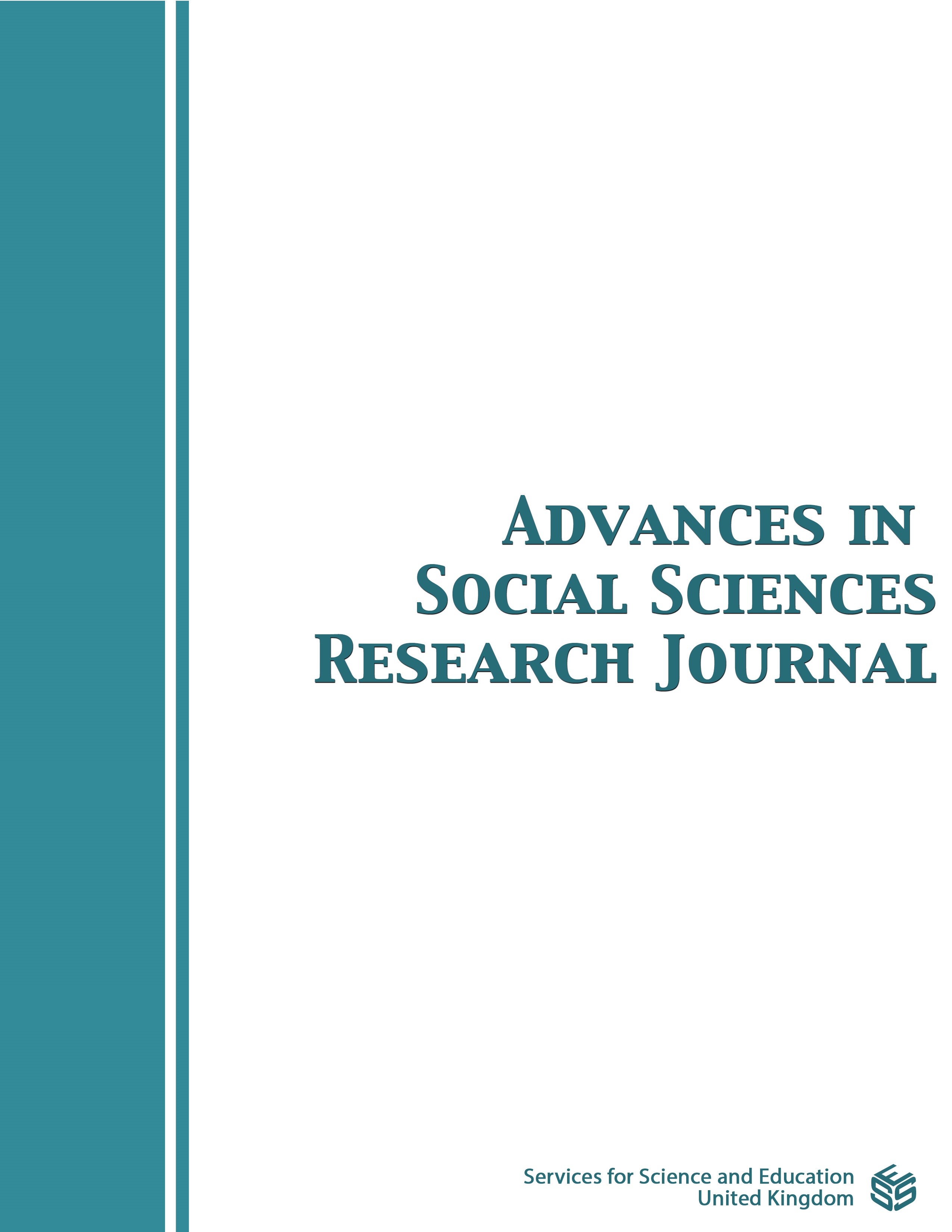Deny Sanctioned Officials Access to Government: The Best Strategy for Minimizing Public Corruption Until Appropriate Legislation is Enacted by the Liberian Government
DOI:
https://doi.org/10.14738/assrj.114.16841Keywords:
Liberian Government, Public Corruption, Data Analysis, Sanctioned Officials, Bribery, Nepotism, Atrocities, Rent SeekingAbstract
This study examines corrupt behaviors in the Liberian government due to the inability of Liberia’s anti-corruption commission and its judicial system inability to hold public officials accountable. Moreover, since the nation’s inception government officials have used bribery, rent-seeking, and public resources embezzlement to accumulate personal wealth. This study analyzes survey, empirical, and sanctions data collected by Transparency International, The United States Department of the Treasury, United States Foreign Assistance by Country from The United States government, The United Nations Development Programme, and drawing on Liberia’s Political Economy by S. Gobewole, 2016. It then correlates associations between the numbers measuring government corruption, sanctioned official behaviors, and incidence of foreign assistance to Liberia to demonstrate an increase in public corruption due to officials’ behavior. This has resulted from Liberia’s judicial institutions incapacity to regulate bribery, rent seeking, and resource embezzlement, which have perpetuated and increased public corruption in the Liberian government, a situation that demands legislative action to punish United States Department of the Treasury sanctioned public officials.
Downloads
Published
How to Cite
Issue
Section
License
Copyright (c) 2024 Stephen Gobewole

This work is licensed under a Creative Commons Attribution 4.0 International License.
Authors wishing to include figures, tables, or text passages that have already been published elsewhere are required to obtain permission from the copyright owner(s) for both the print and online format and to include evidence that such permission has been granted when submitting their papers. Any material received without such evidence will be assumed to originate from the authors.






